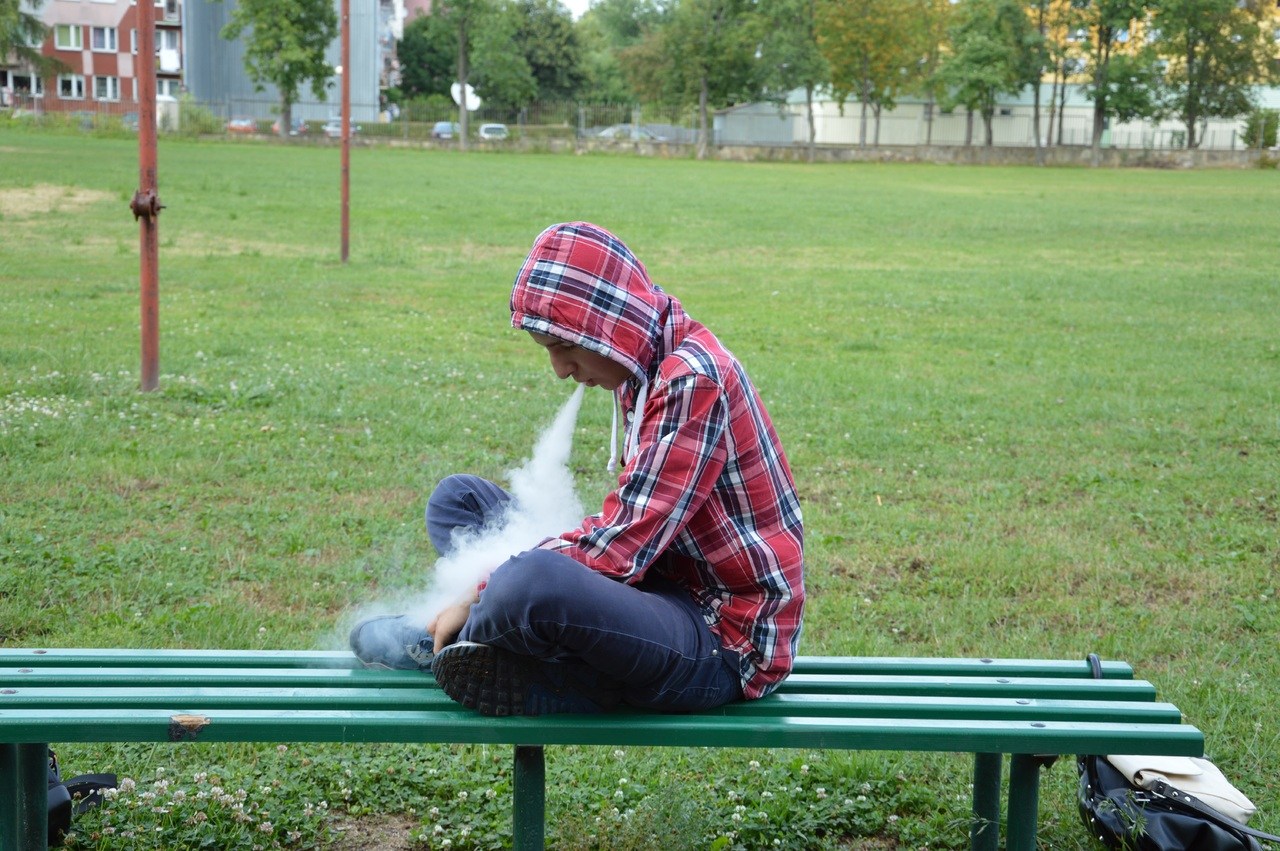The Consumer Choice Center, together with World Vapers' Alliance, recently presented a new survey conducted with 30 general practitioners and over 800 smokers in Germany and France – with an initial piece of good news: more than half of respondents want to quit smoking!
Awareness of the health effects of smoking tobacco has grown exponentially over the last decades, prompting policy-makers to make rules to curb usage. However, just like any vice that carries risk, prohibitive and strict measures have not yielded the desired results.
Standard nicotine replacement therapy (NRT) is recognised, observed, and covered by social security systems, despite showing very limited effects in the efforts of helping those who choose to quit, do so. Vaping has presented consumers with the opportunity to satisfy the need for nicotine, all while posing a fraction of the harm. Vaping is 95% less harmful than using conventional cigarettes, and is simultaneously the most successful smoking cessation tool.
Knowing all this, we can say that vaping is to nicotine use what seatbelts are to driving or what condoms are to sexual encounters: while it may be safer to not use nicotine at all, not drive a car, or not have sex, it is crucial to apply harm reduction. Since the invention of the first e-cigarette in 2003, vaping has come a long way in offering a choice to smokers who wish to quit, and has done so with far less risks involved than cigarettes.
Unfortunately, accurate reporting on vaping is sometimes hard to find. A lot of readers might recall the spike in EVALI (E-cigarette, or Vaping Product, Use Associated Lung Injury) cases in the United States in 2019, which was blamed on vaping. To this day, these cases have disincentivised smokers from switching, even though it has been shown that affected users had been consuming THC-containing e-liquids from the illicit market. Unbeknownst to buyers at the time, vitamin E acetate had been added to those liquids, with fatal consequences for those who consumed them. All the story really did was underline the importance of a regulated and legal market for vaping products, which prevents leaving the market to bootleggers.
When advocating for harm reduction, organisations such as ours don't just run into media scare stories, but also into widespread misconceptions. The CCC/WVA survey showed that 33% of smokers in France and 43% in Germany believe vaping is as harmful or more harmful than cigarettes. The erroneous beliefs on nicotine stretch even further: 69% of smokers in France and 74% of smokers in Germany believe nicotine causes cancer, which is far removed from the scientific evidence. Experts on nicotine have long known this, yet the information has not permeated to the public, to politicians, or to general practitioners.
Doctors are essential change-makers when it comes to the unhealthy habits of their patients. However, our survey has shown that too many doctors share ill-informed views on nicotine, or aren't even aware of the concept of harm reduction. As a result, most doctors do not recommend vaping as a smoking cessation tool. Their views on nicotine (they often believe it causes lung damage) is also fundamentally incoherent: if nicotine were to cause lung damage, why would doctors recommend NRTs, all of which contain nicotine?
Tobacco harm reduction has a long way to go before reaching the ambitious targets of large-scale smoking cessation. Information is therefore crucial : the demonisation of the most successful harm reduction tool needs to stop, and so do punitive rules and regulations. Vaping ought to be at the core of any upcoming policy changes designed to curb tobacco consumption, instead of being the target of overtaxation.
Promoted by the Consumer Choice Center
Opinion by Bill Wirtz, Senior Policy Analyst, Consumer Choice Center


